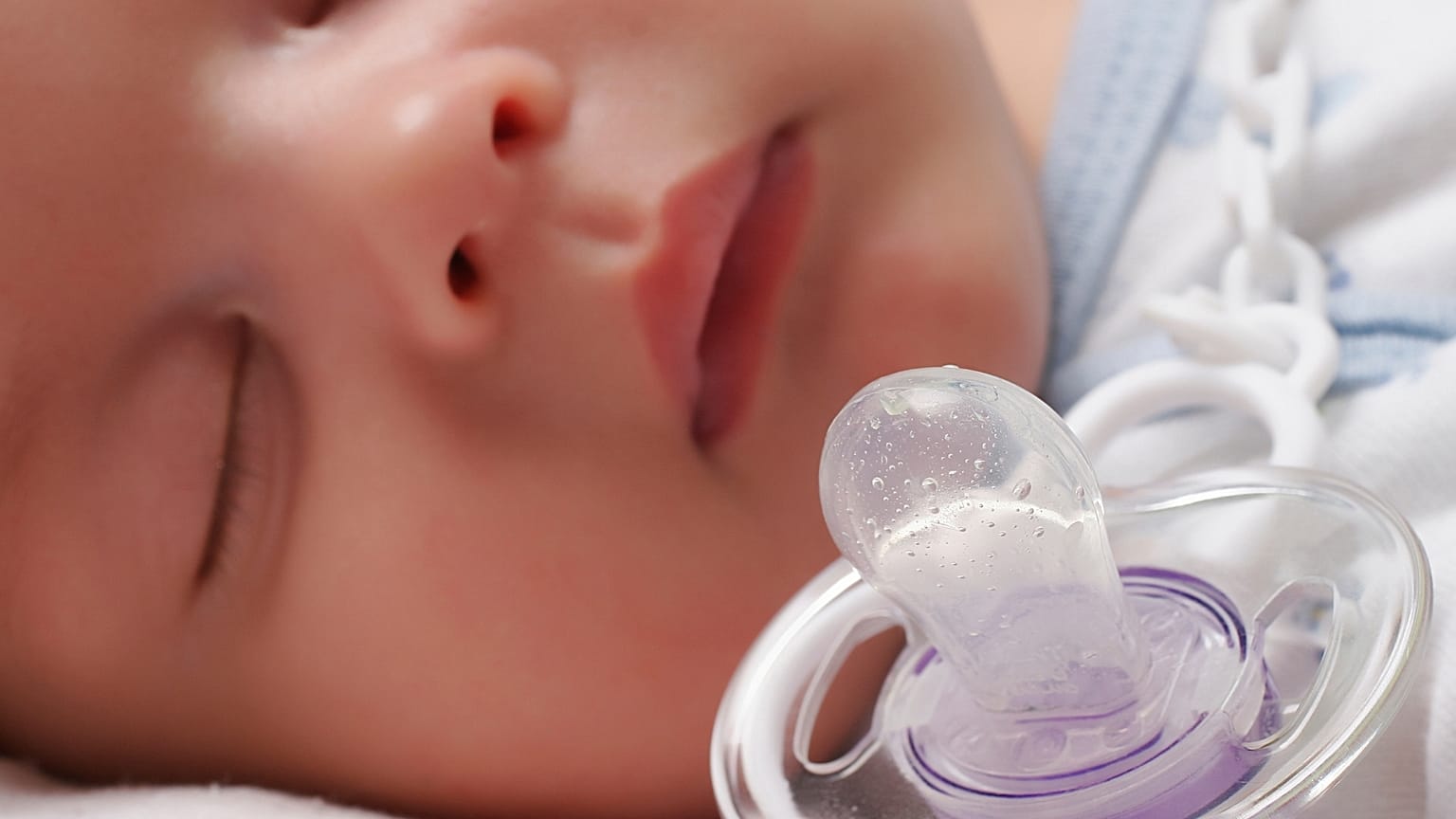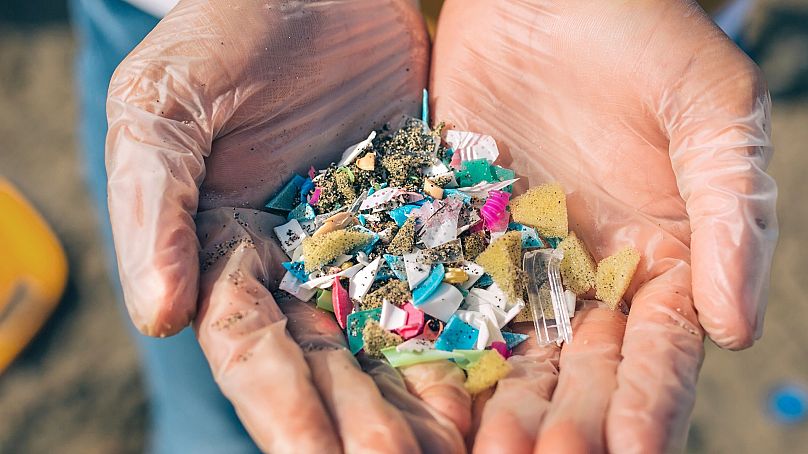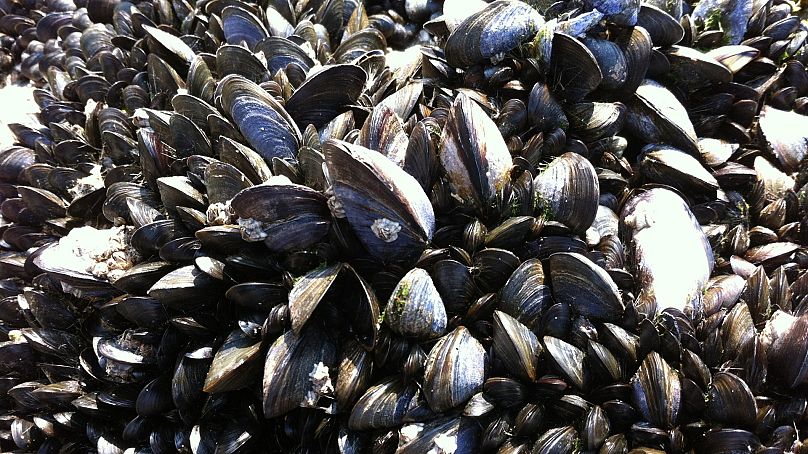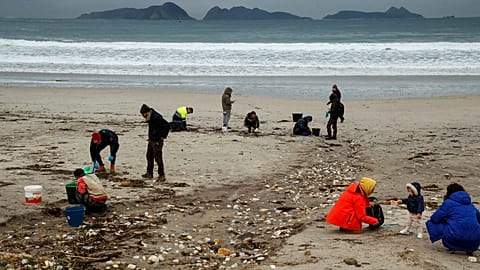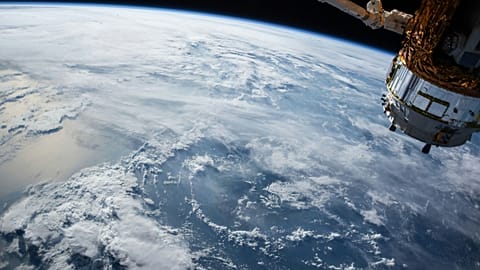When comparing stool samples between babies and adults, scientists found up to 15 times more microplastics.
Worrying research finds that babies have 15 times more microplastics in their bodies than adults.
 ADVERTISEMENT
ADVERTISEMENT
 ADVERTISEMENT
ADVERTISEMENT
Microplastics are tiny pieces of plastic less than five mm in size, about the thickness of a two Euro coin.
Microplastics are used in a variety of industries, including cosmetics, biotechnology, washing products and drug capsules.
But they can also be created when plastic objects are broken down. That can be from something as simple as washing synthetic clothes under a tap.
Another way microplastics can be broken down is through chewing on a dummy.
The researchers believe that the way babies are consuming such high levels of microplastics is through chew-toys like dummies and from crawling around on carpets that contain microplastics.
The team looked for two common kinds of microplastics, polyethylene terephthalate (PET) and polycarbonate (PC). To find PET and PC, they examined the levels of microplastics in the samples of faeces from 10 adults and six babies in New York State, US.
In all the samples they found at least one type of microplastic. Meaning it’s very likely there’s some microplastics in grownups too.
But when comparing the baby samples to the adults, the researchers found at least 10 times as much.
Why are microplastics a problem?
Unfortunately, the jury is still out as to what exactly the effects of microplastics are on human health.
But there is increasing concern that they can be very damaging when ingested.
Scientists used to believe microplastics would pass harmlessly through the gastrointestinal tract. But recent research suggests the smallest pieces are able to cross cell membranes and enter our circulation.
This is concerning because research on microplastics in lab animals has caused cell death, inflammation and metabolic disorders.
Removing microplastics from industries
We already know more about why microplastics are bad for the environment.
Last year, scientists from Duke University showed that fish were being harmed by chemicals from microplastics in the ocean. Many of the microplastics broken off from washing synthetic clothes will end up in the ocean.
For a while, it was also thought that microplastics eaten by fish would be digested without much harm. But the Duke University research contradicted that.
They found the chemicals coating the microplastics were affecting the fish’s reproductive hormones.
Getting rid of microplastics once and for all
As filterers of the sea, mussels may come to the rescue by removing microplastics from the oceans.
But it’s not just mussels doing the work. Researchers found that a cluster of 300 mussels could filter 250,000 pieces of microplastics an hour.
Computer modelling suggests mussels could one day be responsible for filtering 25 per cent of microplastics in the water that surrounds them.
If using a mussel to clean your baby’s toys doesn’t sound that feasible, it is recommended to cut down on the synthetic fibres you buy.
That said, it isn’t recommended that you throw all your old synthetic garbage in the bin as it would likely end up in a landfill where it never gets the chance to break down.
There are filters you can buy that can catch the microplastics coming off your synthetic clothes. Or alternatively, you can alter your weekly wash to wait until you have a full load, as washing a full load reduces friction resulting in fewer fibres going down the drain.














